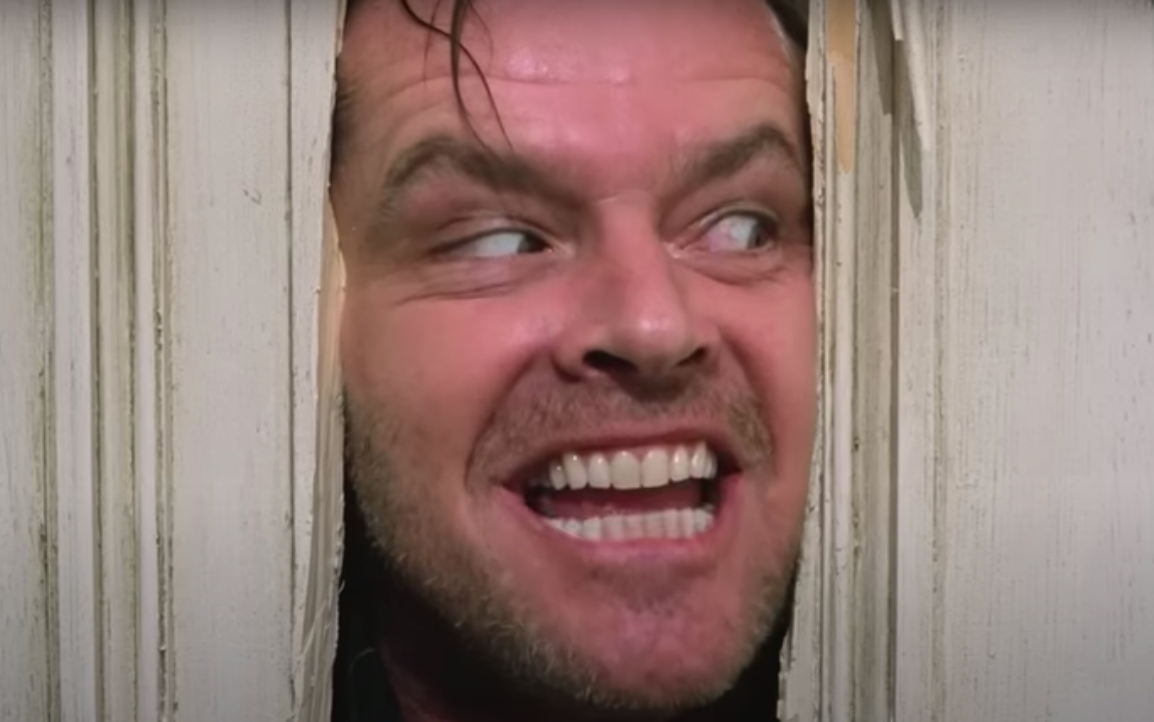essays
Knausgaard and the Meaning of Fiction

The history of the novel, as much as that of any other art, is a history of experimentation and change. And, after decades of post-postmodern confusion, the novel is finally in a new phase of form expansion. One of the authors helping to define the moment is Karl Ove Knausgaard, whose name is so ubiquitous it’s almost embarrassing to type.
What the gesture of My Struggle — an autobiographical megatome written in the key of memoir — seems to imply, at first glance at least, is that the novel is dead. It’s not our fault for thinking so. Knausgaard writes that he was “sick of fiction,” tired of finding “made-up people” everywhere. And, to shake off that falseness, he set out to write exclusively from his own life. Taken in that light, the project can seem to be a repudiation of imagination itself.
But when Knausgaard describes “fiction,” he includes things like the TV news. He includes newspapers. Narratives of events that actually took place. What’s more, year by year, we have access to more of his grand project in English: a six-volume, 3,600-page . . . novel. One of the great feats of imagination in our era — built from the kind of ephemeral detail that fills each moment but just as instantly disappears.
On May 9th I went to Knausgaard’s screening of Lars von Trier’s The Idiots (1998) at New York City’s Lincoln Center. He introduced the film and afterward discussed it with the audience. I’ve found before, for instance in his essay on Peter Handke’s A Sorrow Beyond Dreams, that Knausgaard lowers a shield when he talks about other people’s work and, in what he says, reveals more than usual about his own. It happened again at Lincoln Center. He clarified for me one of his quirky ways of thinking. And it all comes down — again — to the meaning of the word fiction.
In von Trier’s groundbreaking film, a circle of young Danes, living together commune-style in a borrowed house, makes forays into the world to play at being “Idiots.” With one or more assigned to the role of “minder,” or guardian — that is, even those acting normal are acting — they tour factories, eat at restaurants, and swim at the local pool, gruesomely pretending to be patients from a group home. Three years before releasing the film, von Trier co-authored a manifesto declaring Dogme 95, a new movement of filmmakers dedicated to “chastity” — which meant, in part, no artificial sets, no requisitioned props, and no pretense of a different time or place. Like the other films sanctioned by the movement, The Idiots dispenses with high-shine production values and goes for immediacy and rawness. This gives the scenes a documentary feel. The structure, too, imitates documentary — characters are “interviewed” after the breakup of their group, and these on-the-couch conversations punctuate the “footage” from their “spassing” missions and their days camped out in the house.
But, at root, there’s no mistaking that this is a fictional project — about people, characters, played by actors, who engage the world through an explicit fiction of their own. A play within a play.
Yet this, to Knausgaard, is the opposite of fiction. He first saw the movie while writing his novel Out of the World. “And I knew what I was doing wasn’t real. Compared to this.” The presence and immediacy of The Idiots made him reassess his own work. It sparked his frustration with whatever failed to break through the shell of habit, or failed even to try. This other, conventional, produced kind of storytelling he called “fiction.” His narrator Karl Ove says, in the famous anti-“fiction” paragraph in Book Two of My Struggle:
The nucleus of all this fiction, whether true or not, was verisimilitude and the distance it held to reality was constant. In other words, it saw the same. This sameness, which was our world, was being mass-produced. The uniqueness, which they all talked about, was thereby invalidated, it didn’t exist, it was a lie.
For someone who hasn’t seen the film, it will be difficult to imagine from my description how von Trier could be so revolutionary and — for an instant (which, as Knausgaard stresses, is all any burst of newness gets) — fresh. The film confuses us, disturbs us, disarms us with humor; it hurts us, makes us angry at times, until suddenly, in a few hammer strikes near the end, everything becomes shockingly, unexpectedly real: the game becomes a needed response to the world around them. We’re brought directly against the stuff of life — love, death — with such clarity it’s dizzying. “And to get there,” Knausgaard noted, “you have to go along for two hours.”
The key difference between fiction and its opposite — for Knausgaard, and I’m stealing his terms here, spoken the day before at the 92nd Street Y — is between displaying something, worrying about the presentation, and aiming instead for the presence of the thing above all other concerns.
Dogme 95 set out to eliminate everything fake. It rejected special effects, gave up the slow establishment of camera angles — it allowed “nothing that makes films wonderful,” as Knausgaard put it. But “if you want something real, you have to go outside those frames.”
The movement’s insistence on stripping away tricks inevitably doubles back on itself. This is art after all. Von Trier has the camera appear in the frame sometimes — which announces the film’s artifice, as Knausgaard noted. But the same moves also send the film deeper into artifice, by suggesting that we’re watching a rough-and-ready documentary.
The thing Knausgaard couldn’t bear any longer is the scrim that convention leaves between the reader (or viewer) and the world depicted. “Standards” run this risk also. “Cleverness and writing well is a protection, protects you from what you’re feeling,” he said. They, too, can be a fiction. But he’s quick to acknowledge that any rules artists set for themselves become old; they stop working; they become mannered, cliché. “That’s why,” he feels, “von Trier made only one Dogme film. Rules are very good, but you can only use them for a short time, and then you have to let them go.”
Knausgaard consistently calls My Struggle a novel. What he rejected was never fiction as we commonly use the term. It was the established, preordained ways of depicting.
Casually, as if nothing has changed, he will use the word fiction in the usual way. It happened at Lincoln Center when an audience member suggested that he must feel a strong connection with documentary film. No, he said; nothing about My Struggle made him feel particularly aligned with documentary. “It’s fictional even if it’s nonfictional. It’s not as if I’m trying to document anything. I’m looking for something within that material.”
He devised a new strategy for the novel, wanting to give readers the same kind of intimate presence — the gaze of a sensibility — that comes through so powerfully in The Idiots. As the narrator Karl Ove says in that same paragraph that has caused such misunderstanding, “What is a work of art if not the gaze of another person? Not directed above us, nor beneath us, but at the same height as our own. . . .”









